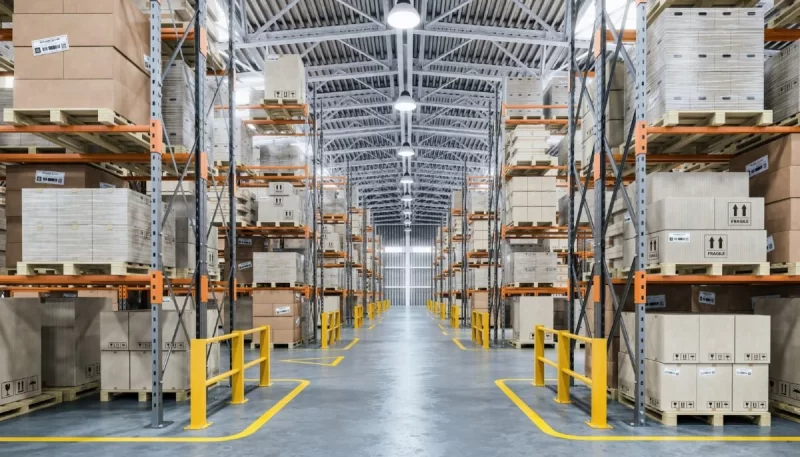The manufacturing sector in India is important to the economy of the nation and is predicted to expand further in the years to come. According to experts, India’s industrial exports reached a record high of USD 418 billion in FY22, a rise of more than 40% from USD 290 billion the previous year. At 17% of global consumption by 2030, India’s middle class is anticipated to hold the second-largest share.
According to early projections of the gross domestic product for the first quarter of 2021–2022, India’s gross domestic product (GDP) at current exchange rates was USD694.93 billion. In the third quarter of FY22, the manufacturing GVA at current prices was predicted to be USD 77.47 billion, and during the previous ten years, it has generated roughly 16.3% of the nominal GVA. By 2030, India might dominate the world’s manufacturing sector and contribute more than USD 500 billion yearly to the global economy.
According to early projections of the gross domestic product for the first quarter of 2021–2022, India’s gross domestic product (GDP) at current exchange rates was USD694.93 billion. In the third quarter of FY22, the manufacturing GVA at current prices was predicted to be USD 77.47 billion, and during the previous ten years, it has generated roughly 16.3% of the nominal GVA. By 2030, India might dominate the world’s manufacturing sector and contribute more than USD 500 billion yearly to the global economy.

The industrial manufacturing market in India is attractive to international businesses for the following reasons:
Large and Growing Consumer Base: With a population of over 1.3 billion, India has a sizable and expanding consumer base. For industrial manufacturing businesses looking to grow, this creates a big opportunity.
Favourable government initiatives: The Make in India project, which has drawn international investment, is only one of the policies the Indian government has put in place to encourage the expansion of the industrial manufacturing sector.
Given the difficulties in locating raw materials, controlling suppliers, and guaranteeing the prompt delivery of completed items, managing the supply chain in the Indian industrial manufacturing sector can be difficult. Here are some pointers for handling the supply chain in the Indian manufacturing industrial sector effectively:.
For the timely supply of raw materials and components, it is important to forge solid ties with suppliers. Regular interaction and cooperation with suppliers can aid in spotting possible problems and hastening their resolution.
Inventory Optimisation: Good inventory control can lower costs and increase the effectiveness of the supply chain. Lean manufacturing techniques and just-in-time inventory management can assist cut waste and guarantee that there is enough inventory on hand to satisfy demand.
Utilising Technology: Investing in technology can increase the effectiveness of the supply chain in Indian manufacturing. Automation, data analytics, and artificial intelligence are examples of technologies that can be used to improve supply chain visibility, expedite industrial processes, and decrease waste.
Streamline Distribution: A crucial component of the supply chain for industrial manufacturing is distribution, so it is crucial to do so.
How Consulting Companies Aid in Supply Chain Optimisation for the Indian Manufacturing Sector
For foreign businesses, Tecnova, an India entry and expansion management consulting organisation, offers viable strategy solutions and execution support.
The Indian automotive and OEM business can benefit from investing in technology by increasing the effectiveness of its supply chain. Companies can use consulting services like Tecnova’s Supply Chain and Operations, which address complicated difficulties and possibilities to develop and safeguard operations, to further optimise the supply chain.
To enhance supply chain strategy, architecture, operational excellence, and resilience, Tecnova provides a Supply Chain Reinvention Framework that makes use of cutting-edge technologies including data analytics, blockchain, machine learning, robots, and artificial intelligence.
Furthermore, Tecnova offers products like the Supply Chain Intelligence Platform and Integrated Digital Solutions.


